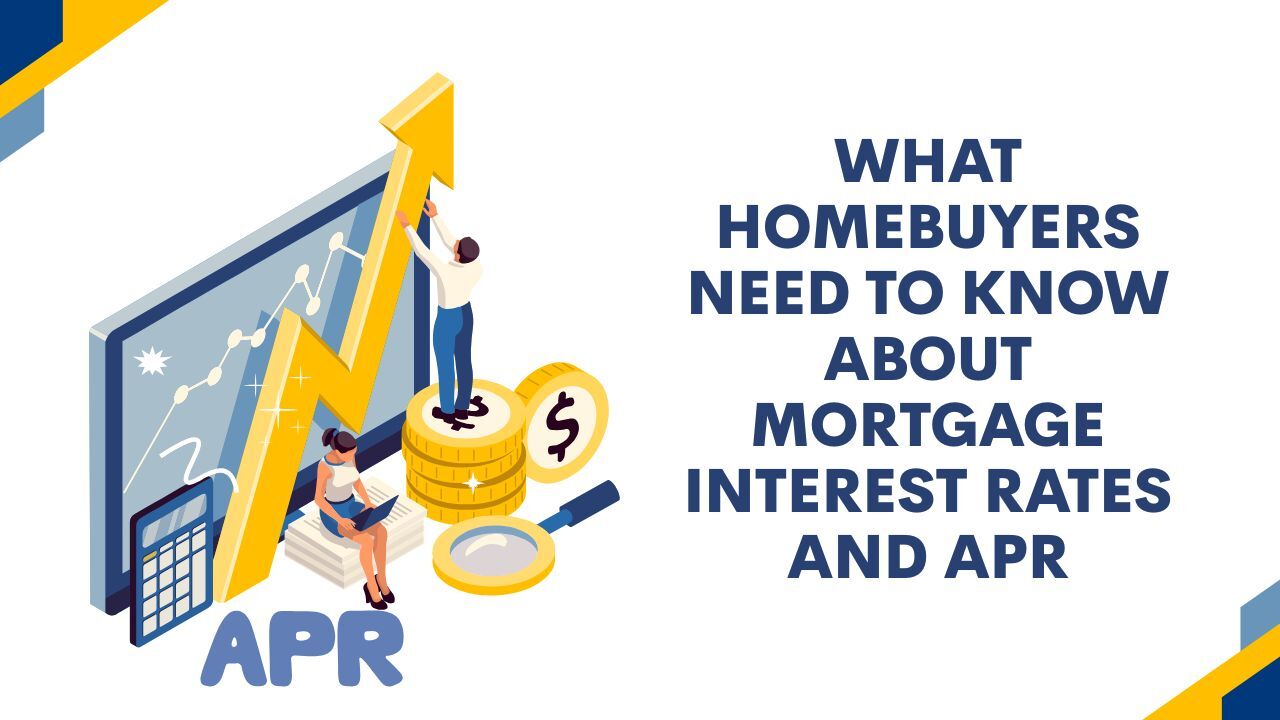Why a HELOC Works and When It Might Make Sense for Homeowners
 For homeowners looking to tap into the equity they have built over time, a Home Equity Line of Credit, also known as a HELOC, can be a flexible financing option. Unlike a traditional mortgage or one time loan, a HELOC gives borrowers access to a revolving line of credit that can be used as needed. Understanding how it works, along with the benefits and risks, can help homeowners decide whether it fits their financial goals.
For homeowners looking to tap into the equity they have built over time, a Home Equity Line of Credit, also known as a HELOC, can be a flexible financing option. Unlike a traditional mortgage or one time loan, a HELOC gives borrowers access to a revolving line of credit that can be used as needed. Understanding how it works, along with the benefits and risks, can help homeowners decide whether it fits their financial goals.
What a HELOC Is
A HELOC is a type of loan that allows homeowners to borrow against the equity in their home. Equity is the difference between the home’s current value and the remaining balance on the mortgage. Because it is secured by the property, a HELOC is often considered a second mortgage. Lenders typically offer these through banks, credit unions, and other financial institutions.
How the Borrowing Process Works
A HELOC functions similarly to a credit card, but with your home as the collateral. Once approved, the lender provides a credit limit based on your credit profile and the amount of available equity. During the draw period, which often lasts 5 to 10 years, borrowers can withdraw funds, repay them, and borrow again within the established limit. Interest is only charged on the amount used, not the full credit line.
Understanding Interest Rates and Repayment Terms
Most HELOCs come with variable interest rates, meaning the rate can change over time depending on market conditions. This can make borrowing more affordable initially, but it may also lead to higher payments later. During the draw period, many lenders require interest only payments. After the draw period ends, the repayment phase begins, typically lasting 10 to 20 years. At that point, borrowers can no longer access additional funds and must begin repaying both principal and interest, which often increases the monthly payment.
Benefits of Using a HELOC
One of the biggest advantages of a HELOC is flexibility. Borrowers can use the funds for a wide range of needs, including home renovations, education expenses, emergency reserves, or debt consolidation. Because the loan is secured, HELOC interest rates are often lower than those of credit cards or unsecured personal loans. In certain situations, the interest may also be tax deductible when the funds are used for qualifying home improvements, but homeowners should consult a tax professional for guidance.
Important Risks to Consider
While a HELOC can be a valuable financial tool, it is not without risk. Since the loan is tied to your home, missed payments could potentially lead to foreclosure. Variable rates can also create uncertainty, especially during the repayment period. Additionally, borrowing more than you can comfortably repay may create long term financial strain and impact your overall stability.
A HELOC can be a smart option for homeowners who want access to funds while leveraging their home equity, but it requires careful planning and responsible use. By understanding the structure, repayment timeline, and potential risks, borrowers can make informed decisions and use this financing tool effectively as part of a long-term financial strategy.
 When applying for a mortgage, borrowers are often presented with several important numbers that determine the true cost of the loan. Two of the most discussed figures are the mortgage interest rate and the annual percentage rate, also known as APR. While these terms are closely related, they are not the same. Understanding the distinction between interest rate and APR is essential for comparing loan offers accurately and making informed financial decisions.
When applying for a mortgage, borrowers are often presented with several important numbers that determine the true cost of the loan. Two of the most discussed figures are the mortgage interest rate and the annual percentage rate, also known as APR. While these terms are closely related, they are not the same. Understanding the distinction between interest rate and APR is essential for comparing loan offers accurately and making informed financial decisions. Buying a home is an exciting milestone, but it also comes with important financial details that can feel overwhelming. Along with your down payment and monthly mortgage payment, there are upfront costs that every buyer should understand before closing. One fee that often raises questions is the mortgage loan origination fee. Knowing what this fee covers and how it affects your overall loan costs can help you feel more confident throughout the mortgage process.
Buying a home is an exciting milestone, but it also comes with important financial details that can feel overwhelming. Along with your down payment and monthly mortgage payment, there are upfront costs that every buyer should understand before closing. One fee that often raises questions is the mortgage loan origination fee. Knowing what this fee covers and how it affects your overall loan costs can help you feel more confident throughout the mortgage process.